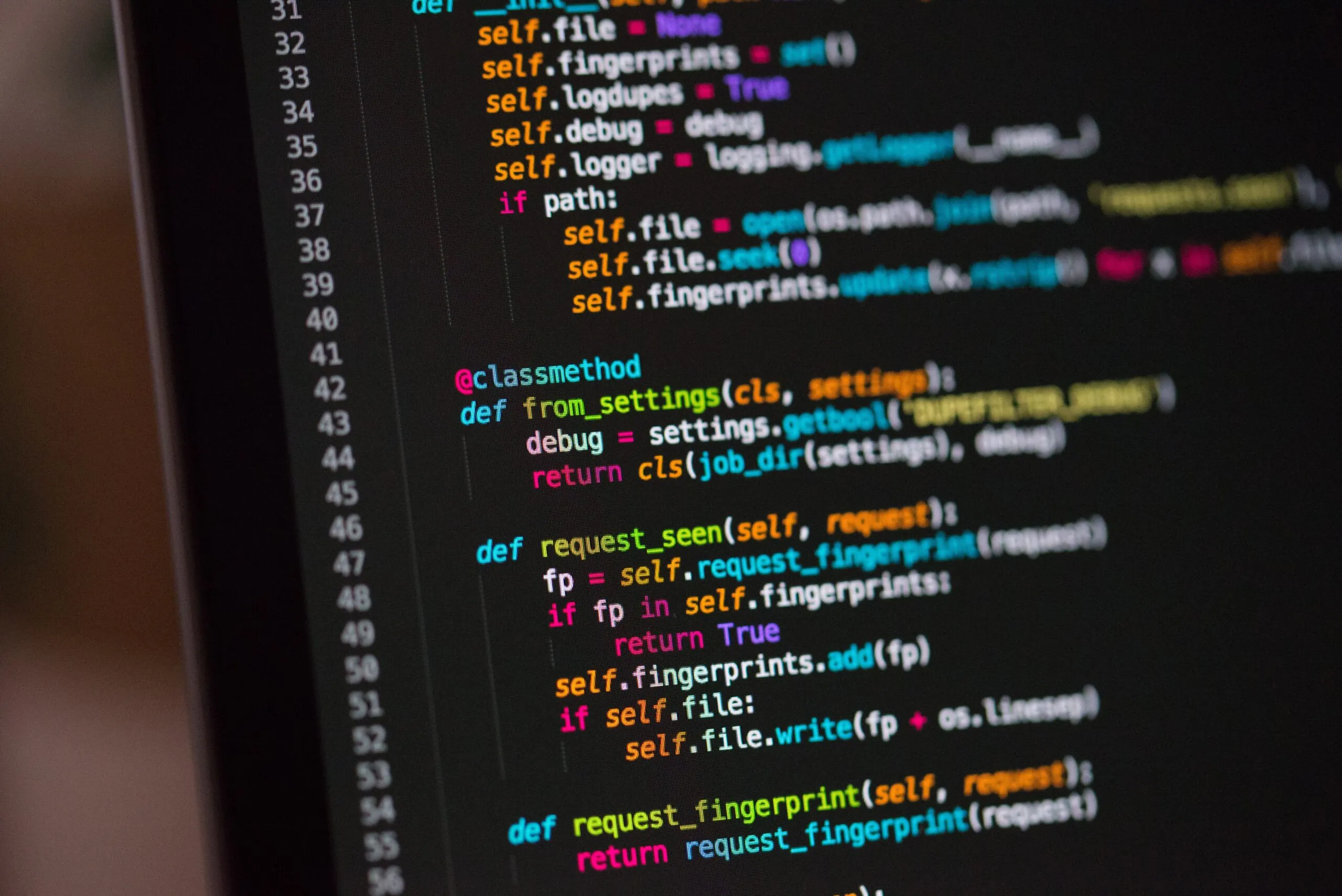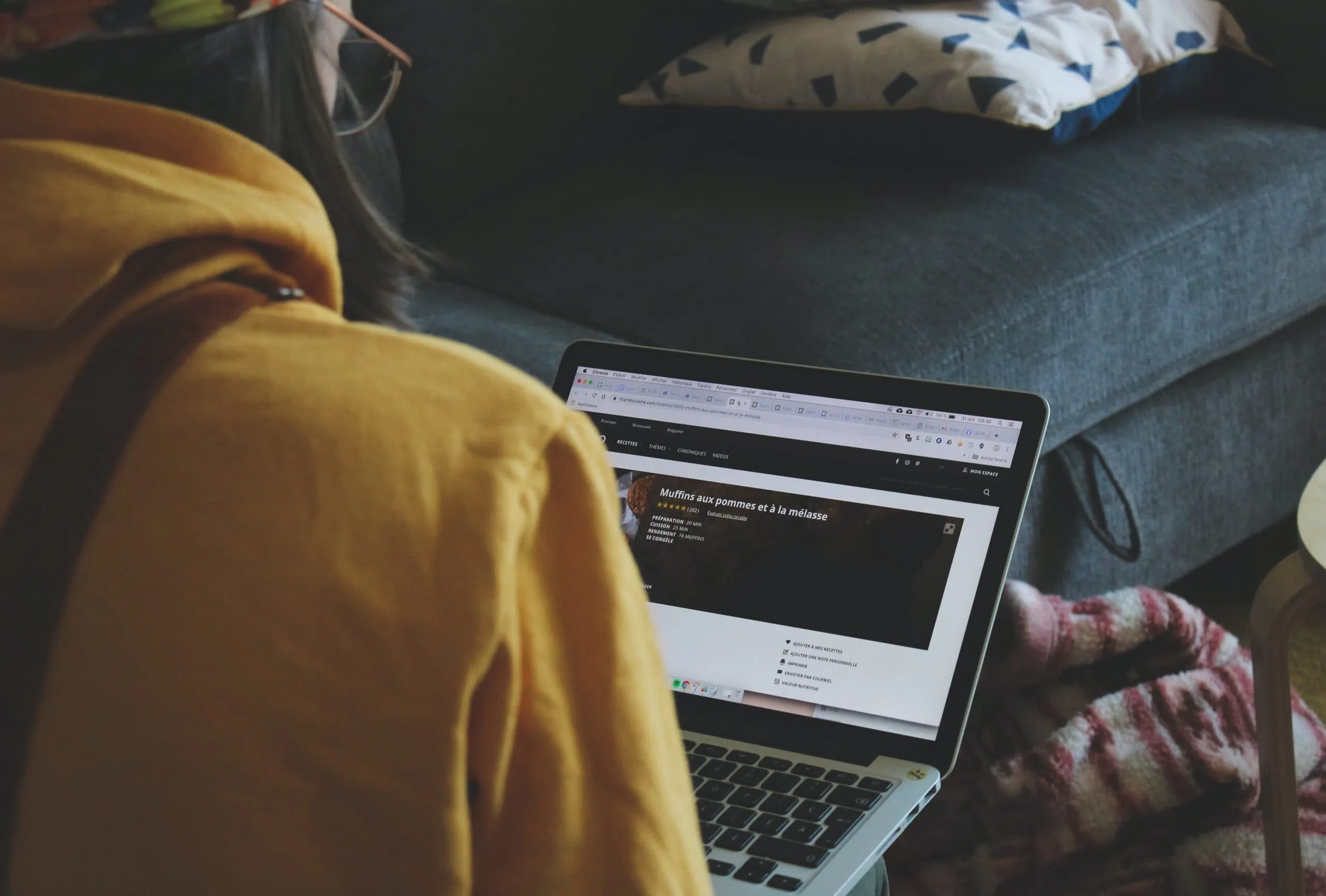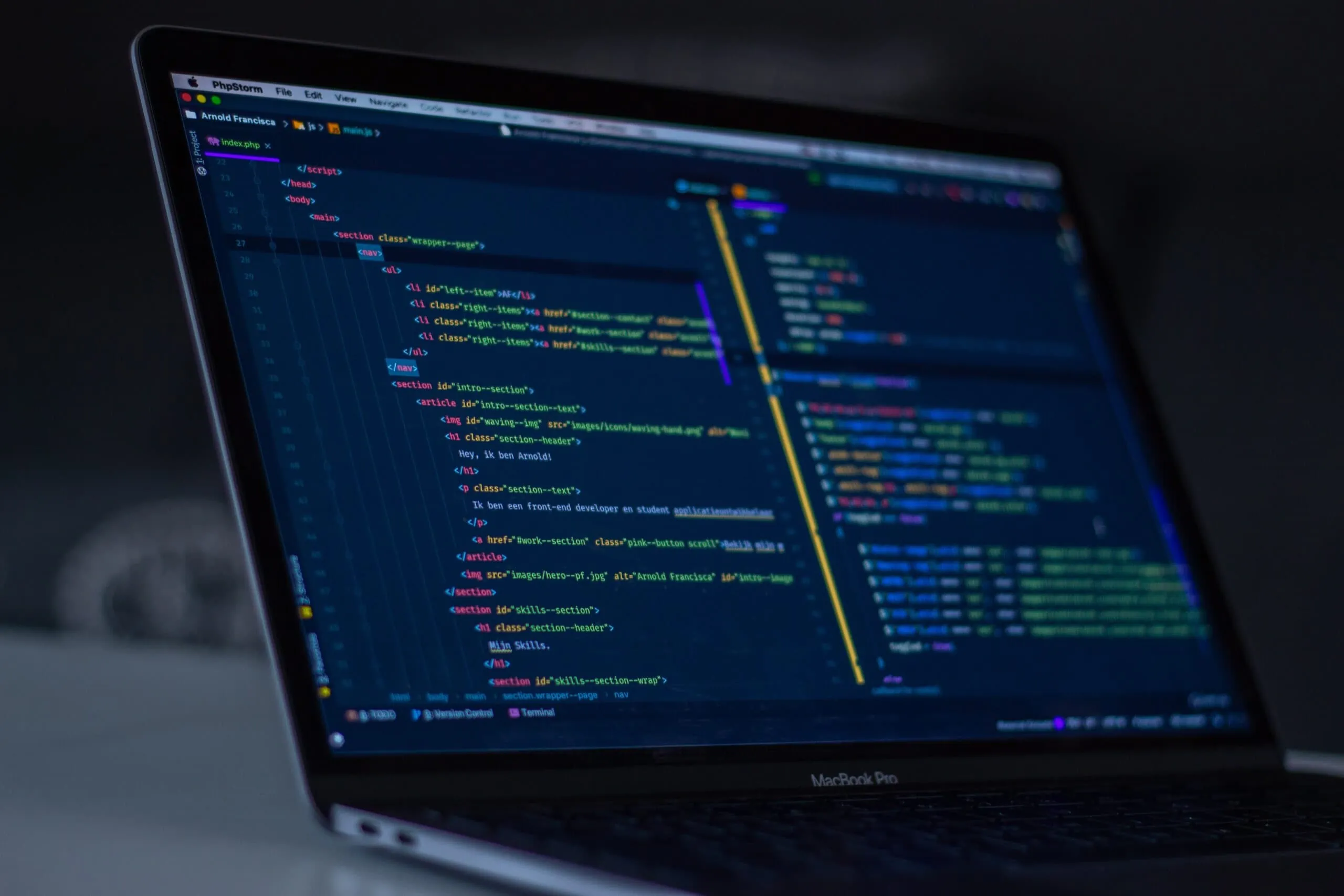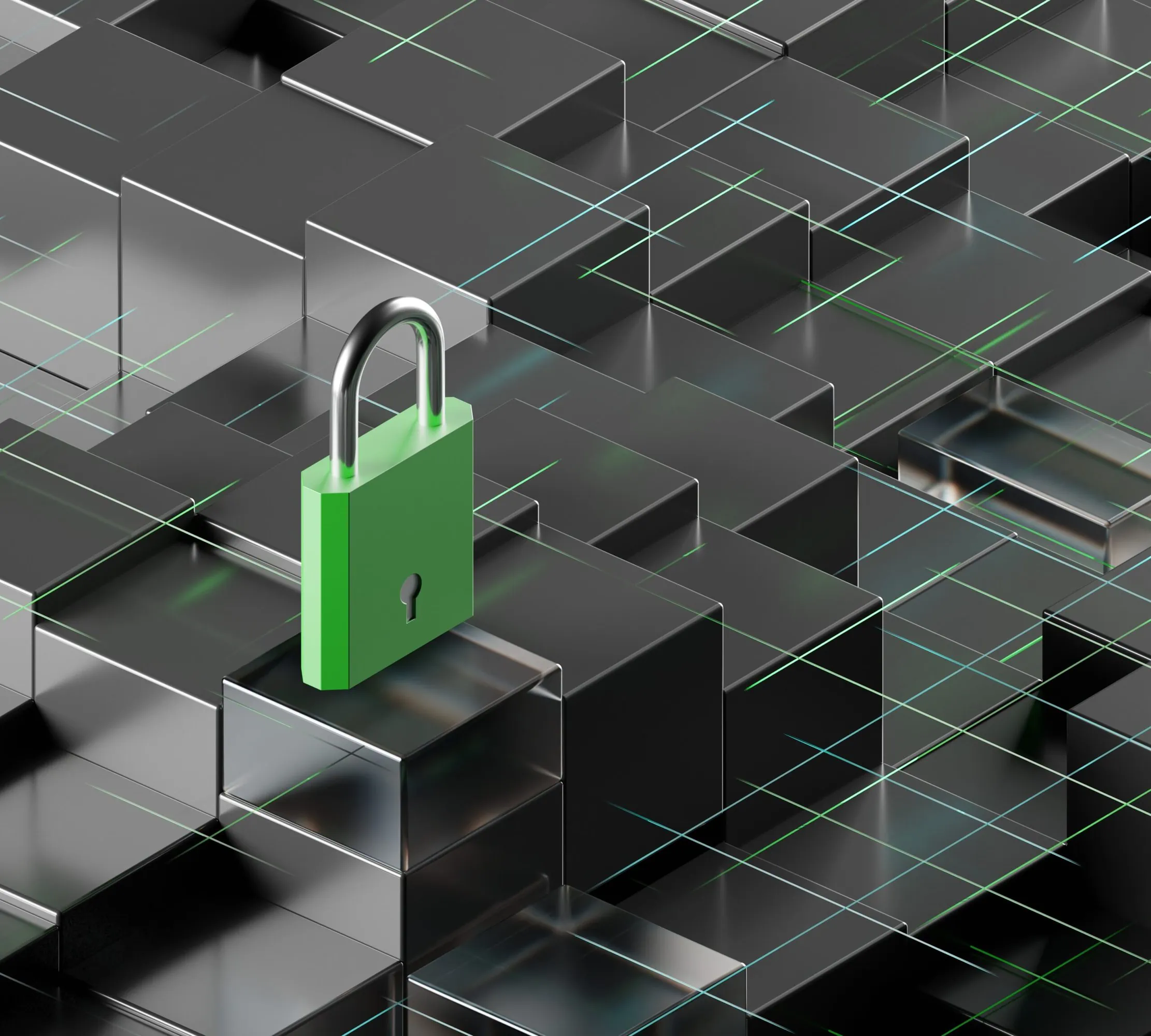Introduction: How to Protect Your Money from Cyber Attacks
How to Protect Your Money from Cyber Attacks? As our world becomes increasingly digitized, the threat of cyber attacks on our financial information continues to grow. From phishing scams to ransomware attacks, cyber criminals are constantly finding new ways to steal our money and personal data. In fact, according to a recent study, cyber attacks on financial institutions have increased by 238% in the past four years alone.
So, how can you protect your hard-earned money from these threats? In this blog post, we will explore some of the most effective ways to safeguard your finances from cyber attacks. Whether you’re a business owner or an individual consumer, these tips will help you stay one step ahead of the hackers and keep your money safe and secure. So, let’s dive in!

Securing Your Online Banking: Tips and Best Practices
Online banking has become a convenient way for people to manage their finances and complete transactions from the comfort of their homes. However, with this convenience comes the risk of cyber threats and identity theft. It is essential to take necessary precautions to secure your online banking activities.
To start, ensure that you use strong and unique passwords for your online banking accounts. Avoid using the same password for multiple accounts and update your passwords regularly. Additionally, enable two-factor authentication to add an extra layer of security. It is also crucial to keep your computer and mobile devices up-to-date with the latest security patches and antivirus software. Lastly, be cautious when using public Wi-Fi networks and avoid accessing your online banking accounts from these networks. By implementing these best practices, you can protect yourself from potential cyber threats and enjoy the convenience of online banking with peace of mind.

Protecting Your Credit Cards: Safeguarding Against Fraudulent Charges
Credit cards are a convenient way to make purchases, but they can also be a target for fraudsters. It’s important to take steps to protect your credit cards and prevent fraudulent charges. One of the simplest ways to do this is to keep your credit cards in a safe place, such as a wallet or purse. Be sure to keep your wallet or purse with you at all times and don’t leave it unattended in public places.
Another way to protect your credit cards is to monitor your account regularly. Check your credit card statements and online account regularly for any unauthorized charges. If you notice any fraudulent charges, report them to your credit card company immediately. They can investigate the charges and work to resolve the issue. You can also take steps to protect your credit card information when making purchases online. Look for secure websites that use encryption to protect your information. Avoid using public Wi-Fi when making purchases online, as these networks may not be secure.

Staying Safe on Social Media: Avoiding Scams and Phishing Attempts
Social media has become an integral part of our daily lives. We use it to connect with friends and family, share our thoughts and experiences, and even conduct business. However, with the rise of social media, there has also been an increase in scams and phishing attempts. These can range from fake profiles to phishing links that can steal your personal information. It’s important to stay vigilant and take steps to protect yourself.
One way to protect yourself is to be cautious of any unsolicited messages or friend requests. Scammers often create fake profiles to gain access to your personal information. If you receive a message or friend request from someone you don’t know, it’s best to ignore it or report it to the social media platform. Additionally, be wary of any links or attachments sent through social media messages. These can contain malware or lead to phishing sites designed to steal your login credentials. By staying vigilant and cautious on social media, you can help protect yourself from scams and phishing attempts.

Safeguarding Your Personal Information: Protecting Against Identity Theft
Identity theft can happen to anyone, but there are steps you can take to safeguard your personal information and protect yourself against this crime. One of the most important things you can do is to be vigilant about keeping your personal information secure. This means being careful about who you share your personal information with, and making sure that any sensitive information is stored securely.
Another important step is to monitor your credit report regularly. This can help you detect any unauthorized activity on your accounts, and take action to stop it before it becomes a bigger problem. You should also be aware of common scams and phishing attempts, and take steps to protect yourself against them. By taking these simple steps, you can help protect yourself against identity theft and keep your personal information safe and secure.


Choosing Strong Passwords: Best Practices for Keeping Your Accounts Secure
In today’s digital age, it’s more important than ever to choose strong passwords to keep your online accounts secure. A strong password is one that is difficult for hackers to guess or crack, and it should be unique to each account you have. Here are some best practices for choosing strong passwords:
First, avoid using common words or phrases, such as “”password”” or “”123456.”” Instead, use a combination of upper and lowercase letters, numbers, and symbols. Second, make your password at least 12 characters long. The longer your password, the harder it is for hackers to crack. Finally, consider using a password manager to help you generate and store strong passwords for all your accounts. By following these best practices, you can help protect yourself from cyber threats and keep your accounts secure.

Conclusion: Protecting Your Money from Cyber Attacks
How to Protect Your Money from Cyber Attacks? In today’s digital age, protecting your money from cyber attacks is more important than ever. With the increasing use of online banking, shopping, and payment systems, it is essential to take proactive steps to safeguard your financial information. By following the tips outlined in this article, you can significantly reduce your risk of falling victim to cybercrime.
First and foremost, it is crucial to use strong and unique passwords for all your online accounts. This will make it harder for hackers to gain access to your sensitive information. Additionally, be wary of phishing scams and never click on suspicious links or download attachments from unknown sources. Always keep your software and operating systems up to date, as these updates often contain important security patches. Finally, consider using a reputable antivirus program and regularly backing up your data to protect against ransomware attacks.






